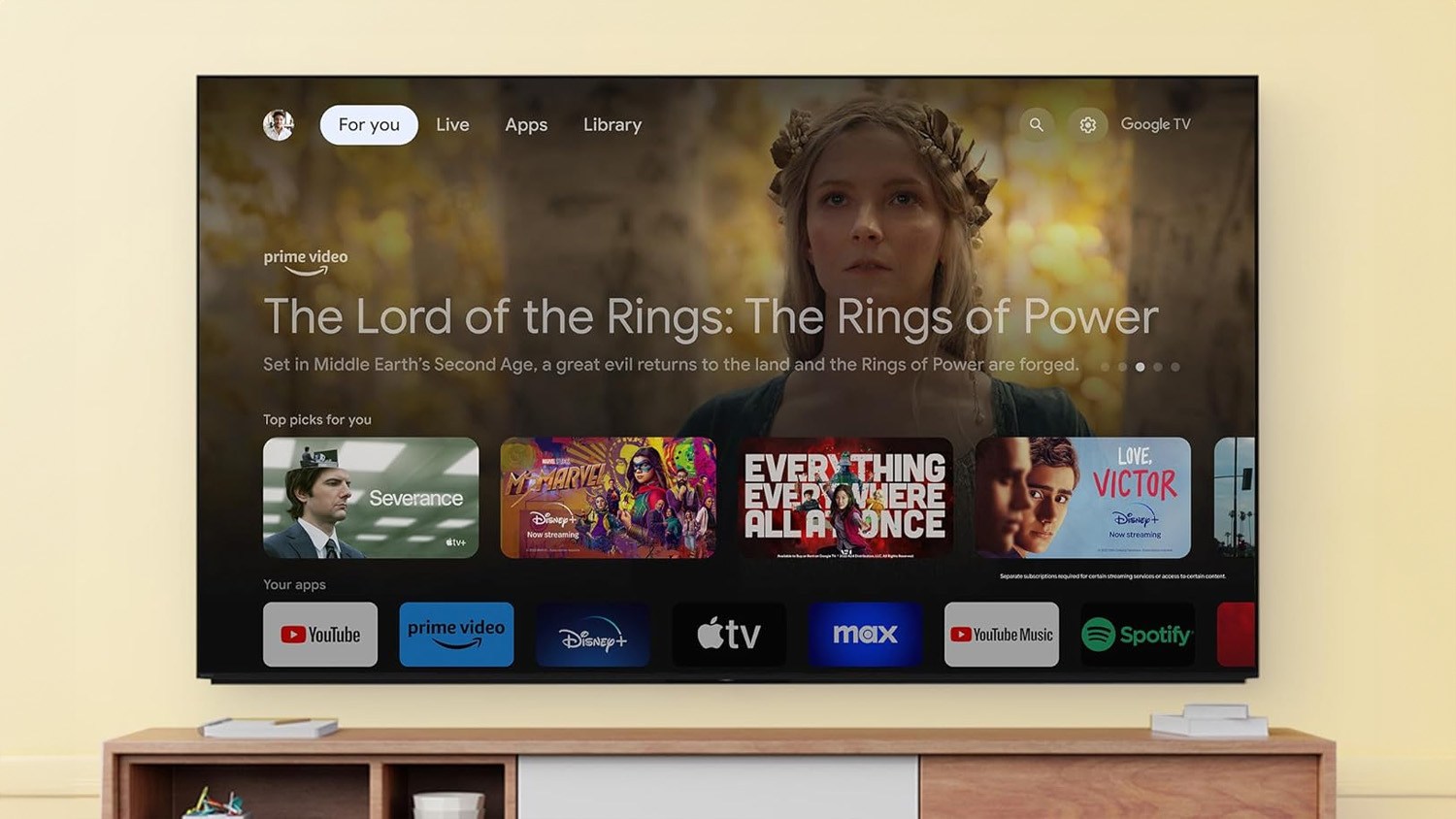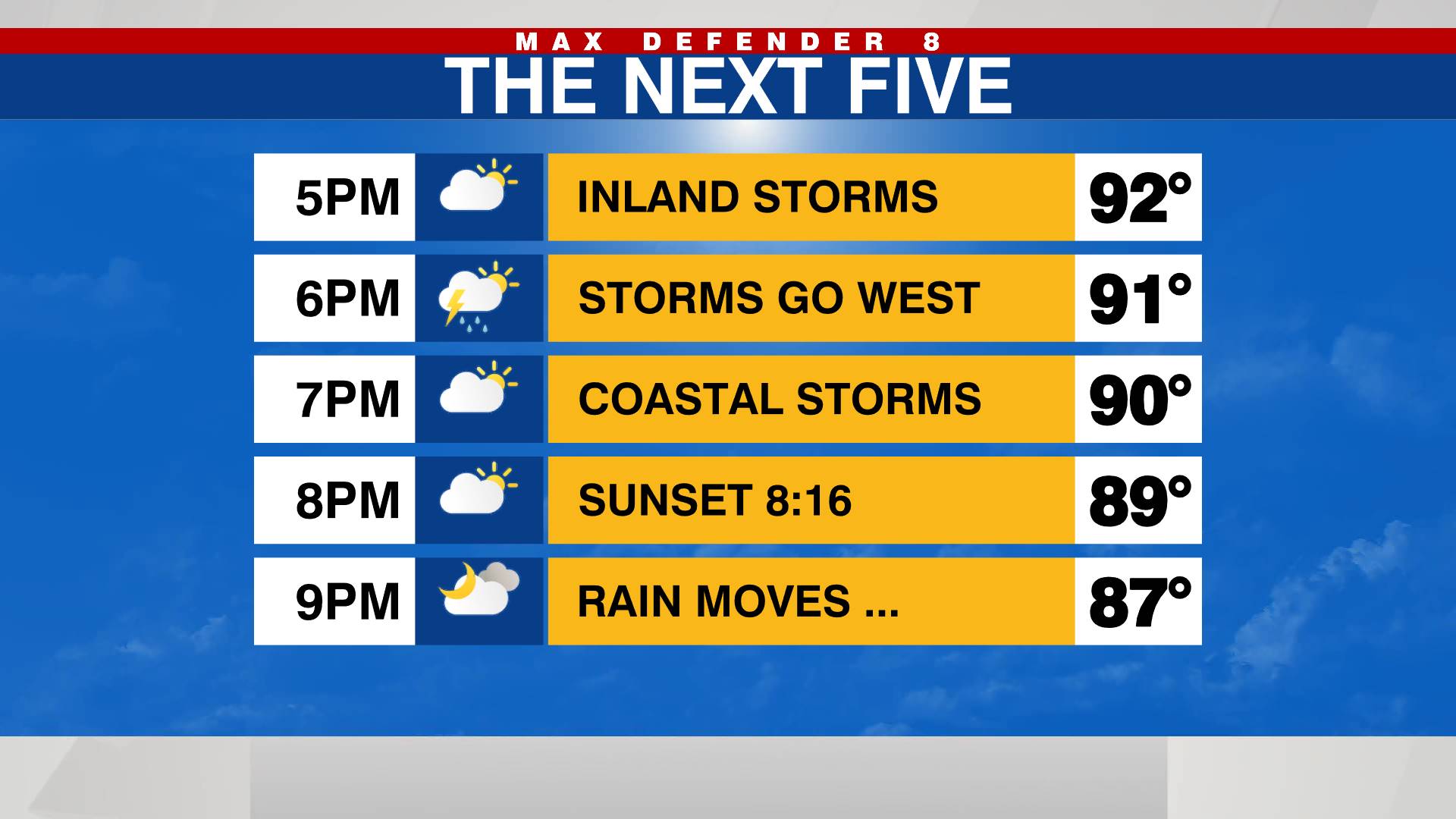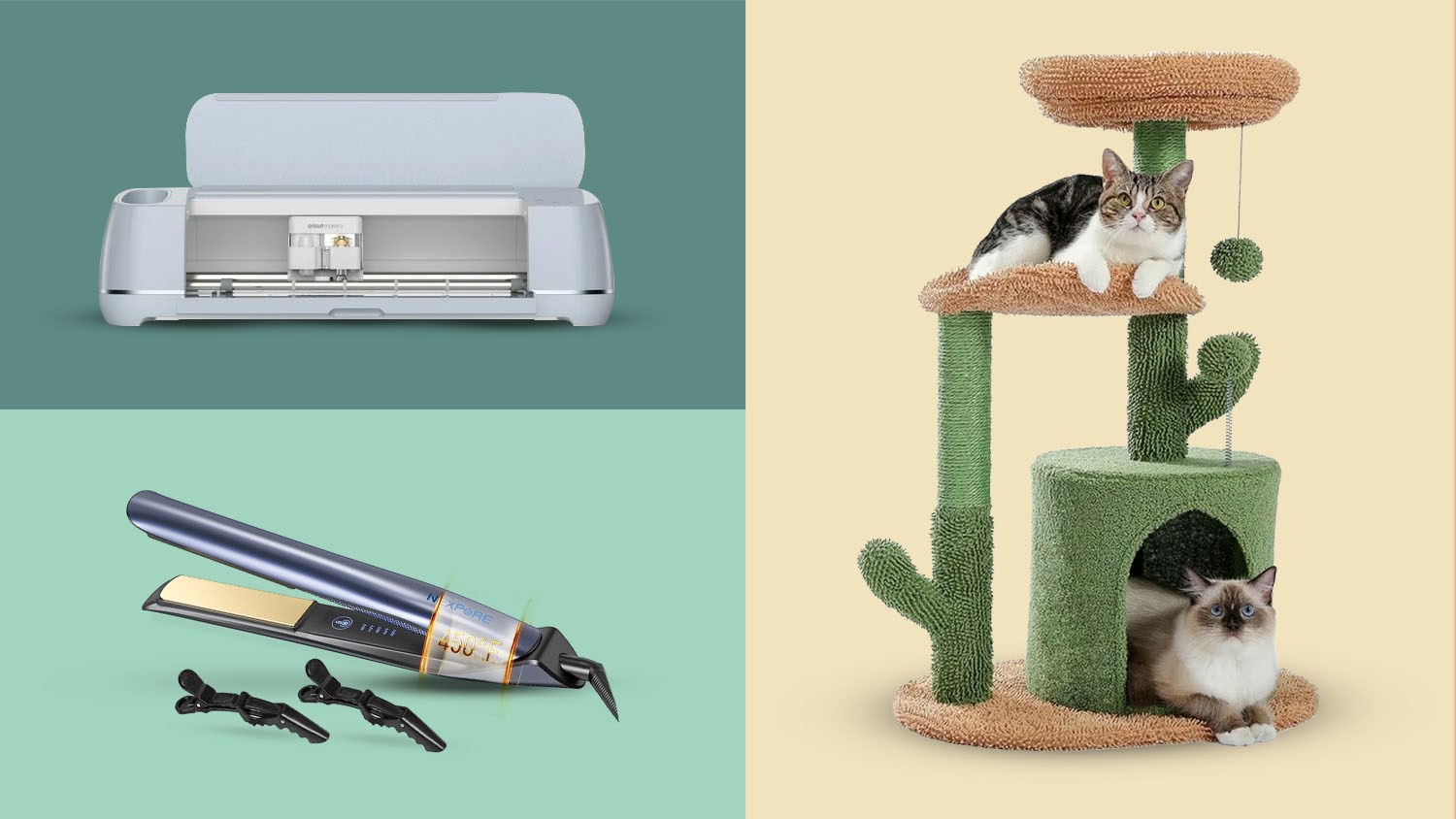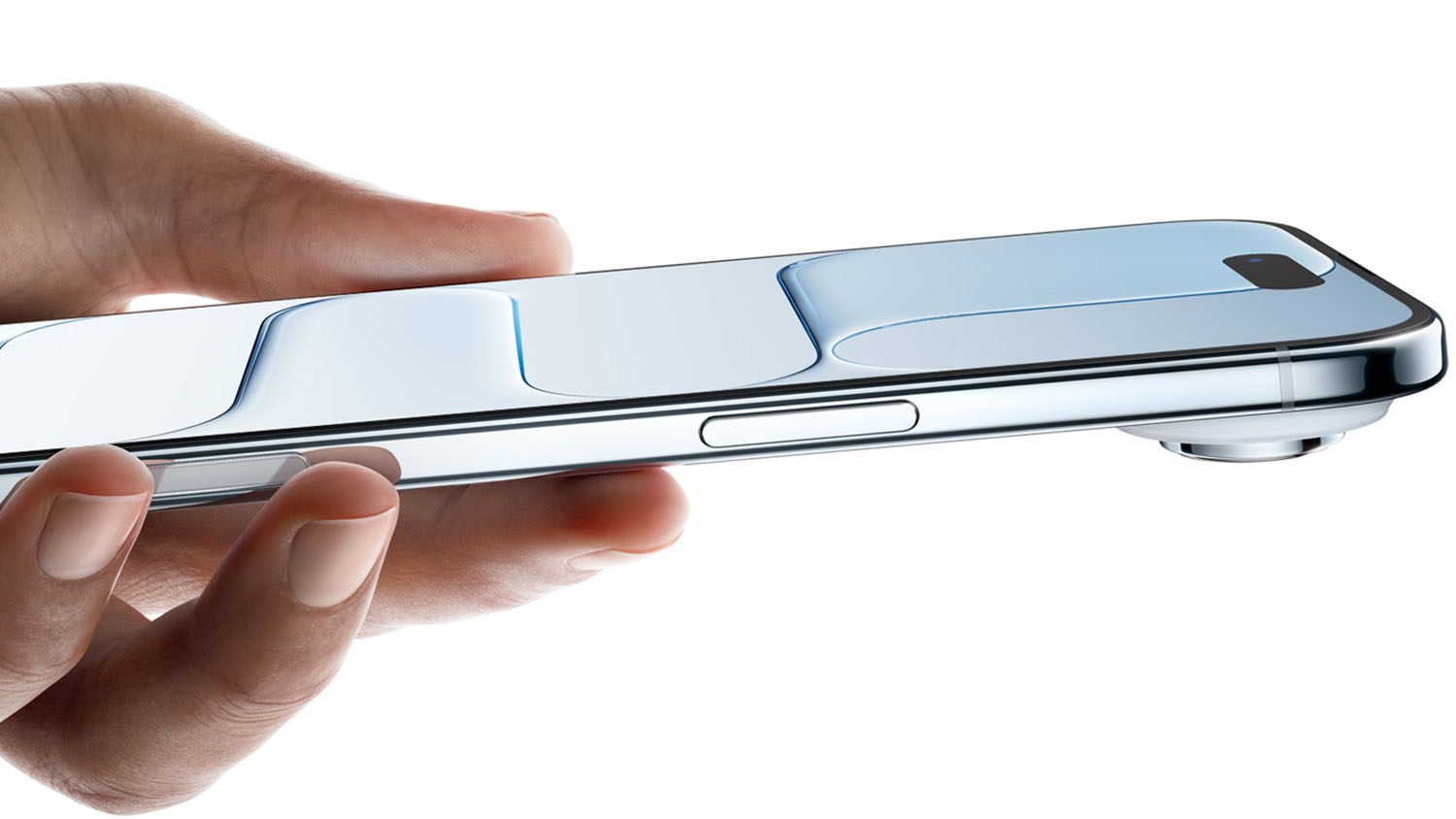TAMPA, Fla. (WFLA) — Around 15% of Florida homeowners opt to self-insure amid the state’s property insurance crisis, but experts say there are some risks.
When self-insuring their properties, homeowners put money in an investment or savings account to use whenever they need it. The option is generally limited to those who own their home outright.
“Typically, if you have a mortgage loan, as a part of that contract, it’s going to require that you maintain insurance coverage on the home,” Florida’s Insurance consumer advocate Tasha Carter told NBC affiliate WESH.
It may seem like an appealing option, but Carter said the ease of not having to go through an insurance company to fund repairs comes at a cost.
“Homeowners would need a substantial amount of capital in order to insure that they can rebuild their home if it is significantly damaged and uninhabitable, or to insure that they can pay to repair their homes if there is major damage,” Carter told WESH.
Insurance Information Institute’s Florida spokesman Mark Friedlander recommends against self-insuring and said that, instead, homeowners should try and find better ways to manage their insurance policies.
“Bundling home and auto is one of the best ways to get a discount. Changing your deductibles [can also help]. Higher deductibles could bring down the cost of your insurance significantly,” Friedlander told WESH.
He also suggested talking with an insurance agent to figure out what steps you can take.
“Going without insurance is really the worst possible choice, in our opinion,” Friedlander told WESH. “It’s very risky and most people live to regret it, especially in a state like Florida, with so many hazards that we face all year round.”















